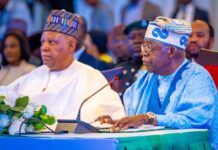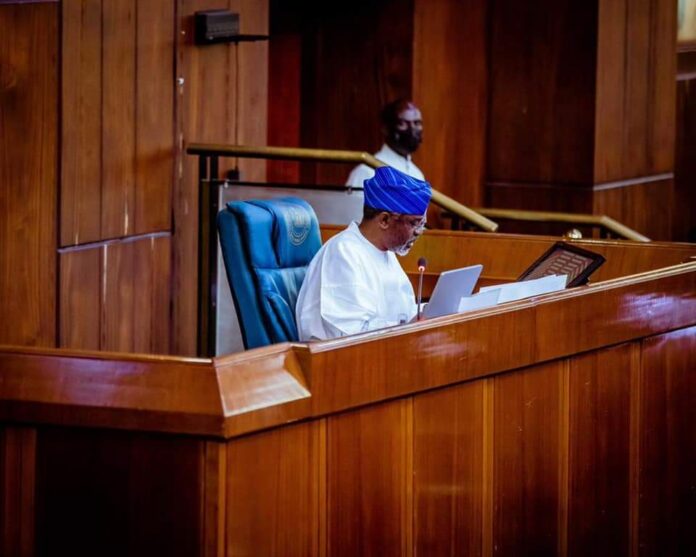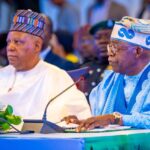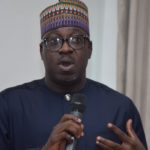- set for reconsideration in four weeks
The House of Representatives has rescinded its earlier decision on three women-related bills seeking to amend the 1999 Constitution to protect the interest of women.
The bills are those on citizenship (men married to Nigerian women can apply for Nigeria’s citizenship); indigene-ship (women can become indigenes of their state of marriage after a specified period); and 35% affirmative action for women in political party administration.
The House, by the leave of the Speaker, Rep. Femi Gbajabiamila, and members, reversed itself on Tuesday by recommitting the bills to its Committee of the Whole for reconsideration and fresh voting.
The bills had failed to secure the mandatory two-thirds majority votes required to pass them on Tuesday last week when members voted on 68 constitution amendment bills in Abuja.
However, on Tuesday, the House reversed the decision.
Female lawmakers were seen jubilating and commending the Speaker for the positive step.
The reconsideration of the bills will be done in the next four weeks along with a second set of constitution amendment bills to be voted on by lawmakers.
Out of the 68 proposed amendments in the first phase, 56 successfully passed and were read for the third time on Tuesday.
The three women-related bills were among the 12 that failed to secure two-thirds votes last week.
They have now been given another chance for a repeat vote by members through the re-committal.
The 56 bills that succeeded included financial autonomy for local governments/abolition of local government, state joint account; financial independence for state legislatures and the judiciary; independent candidacy; the power of the National Assembly/State Assemblies to summon the President/Governors to answer questions; President to give annual State of the Nation Address to Parliament; migration of prisons from the exclusive legislative list to the concurrent list; empowering states to build and own airports; states to generate, distribute electricity in areas covered by the National Grid; and making basic education compulsory and free for all children.
Among the bills that failed were those on immunity for legislators; pension for presiding officers of the legislature; expansion of citizenship by registration; indigene-ship for married persons; Diaspora voting and mode of removing presiding officers of the legislature.



















